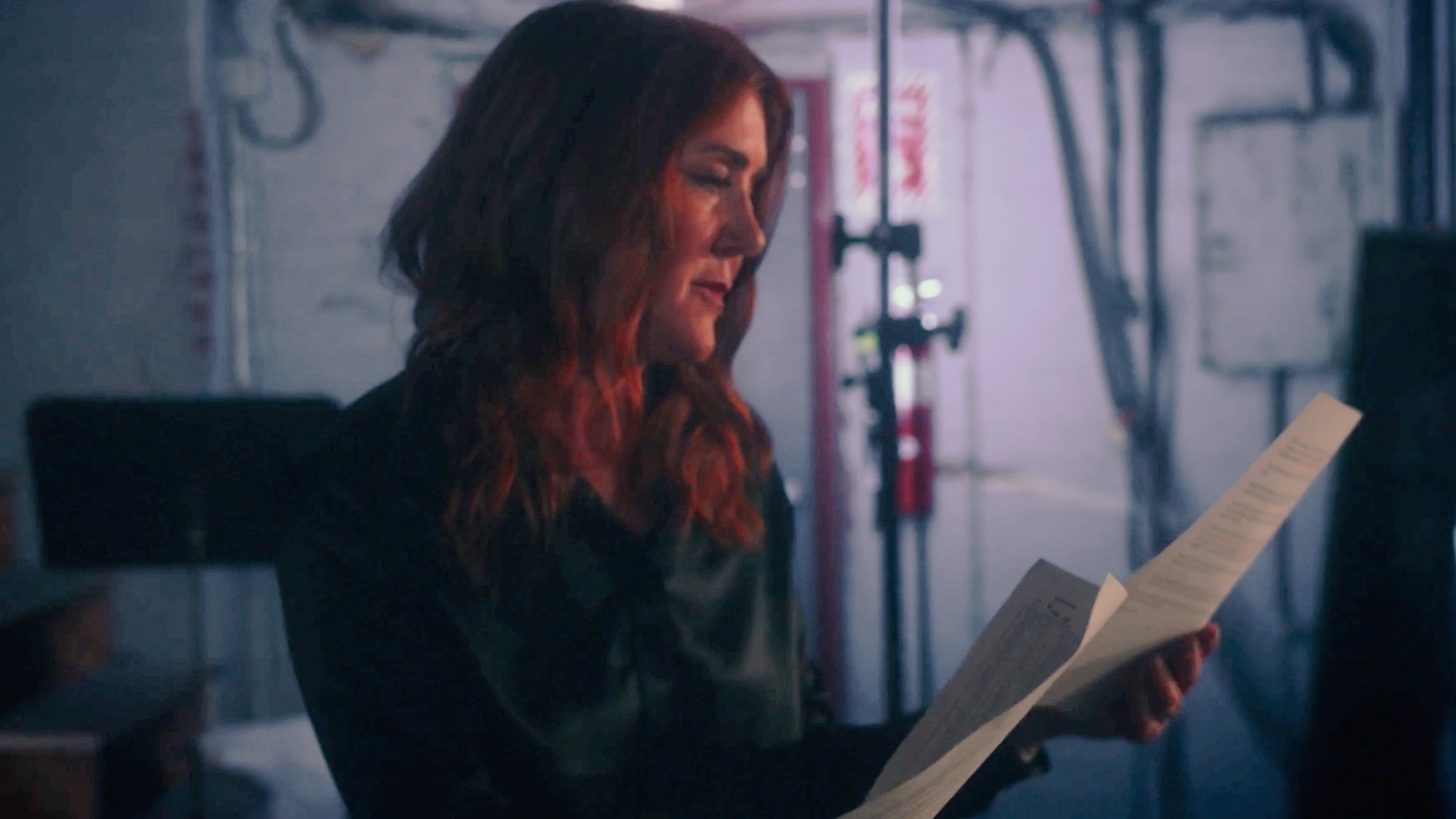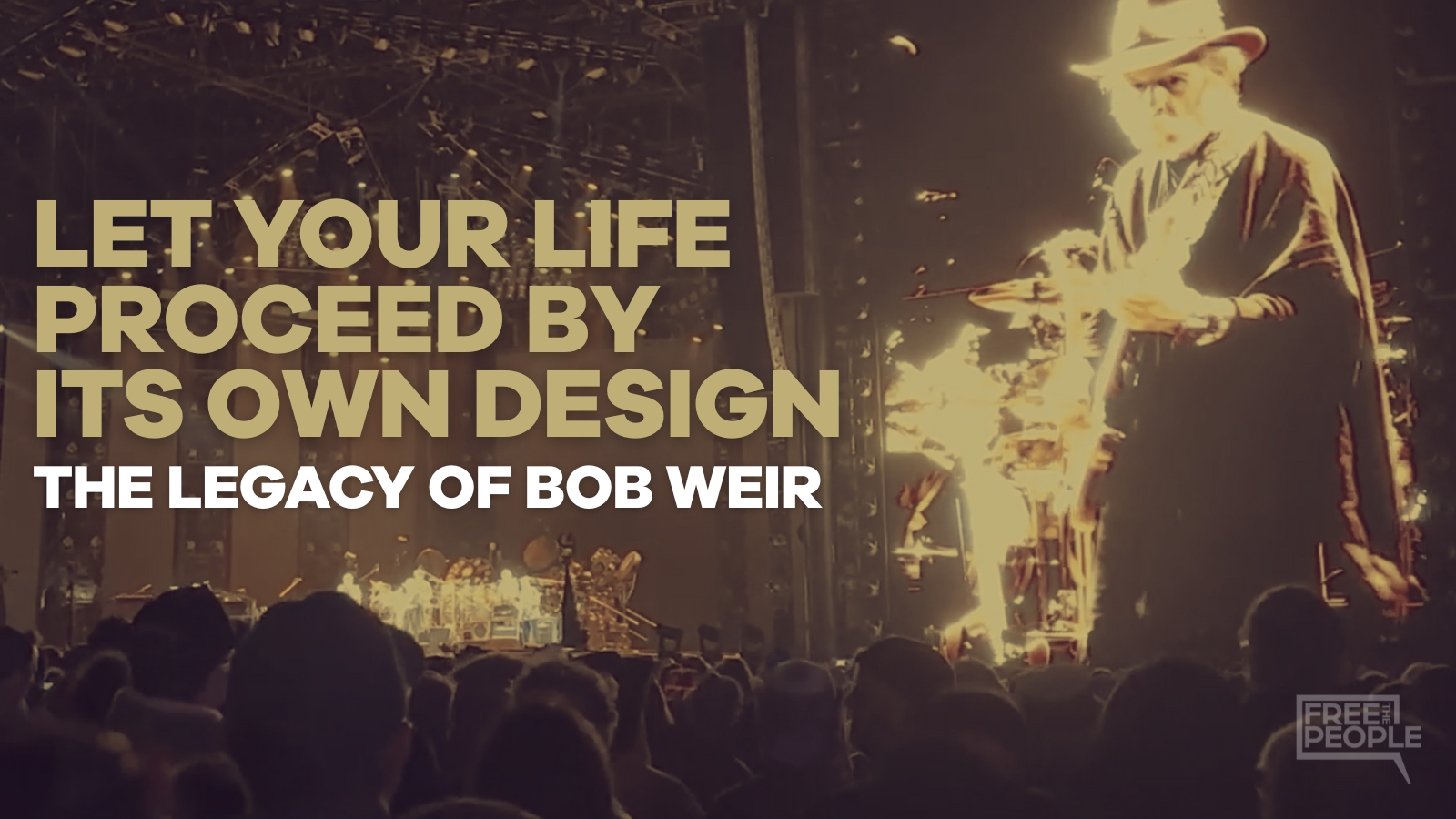
Why We Do What We Do
Ten years ago, in October 2014, I was visiting my mom in the hospital. She was 86 years old, and she was dying. She was in and out of consciousness and lucidity. But I was fortunate that day. She was clear-headed and having a good day, so we were having a great conversation. “What book are you reading?” she asked. This was a typical mom/daughter conversation for us, because we are both avid readers, and we always used to talk about our favorite book-of-the-moment, sharing notes and recommendations. Except this time, I was reading the book Crossing, A Transgender Journey written by my friend Dierdre McCloskey. Dierdre is an amazing economist, professor, and author. She received her doctorate in economics in 1970 from Harvard and holds no less than 12 honorary doctorates. If you haven’t read any of her 25 published books, I highly recommend her trilogy, The Bourgeois Era.
But back to my mom, and the book Crossing. I was having a bit of an uncomfortable crossing myself because my mom was a conservative Irish Catholic, and I wasn’t sure I wanted to get into the politics of transgenderism with her. I briefly debated floating a little white lie, and mentioning some silly romantic fiction instead, but the vestiges of Catholic guilt gripped me. It was Mom, and I couldn’t lie. I took a deep breath and told her about the book, slightly dreading where the conversation might go, but also recognizing the importance of it. Dierdre had transitioned in 1995 at the age of 53. She (or rather Donald) had been married for 30 years and had two children. It is a wild understatement to say it wasn’t easy to do this in 1995. Her sister had her institutionalized a couple of times. And to this day, her ex-wife and children don’t speak to her, although she has since reconciled with her sister. Soldiering on, I told my mom her story, how Matt (my husband) studied under Donald in the 1980s at George Mason University, and how I became friends with Dierdre as we traveled across Europe as speakers on the Free Market Road Show. There is, it turns out, no greater bonding experience than driving through unknown regions of Croatia in the middle of the night. I told Mom that story, and what Dierdre went through to make her crossing. How she had to travel to Amsterdam for surgeries (some of which didn’t go so well), how her family fought against her, and about everything she lost. But also, about what she gained. Before she transitioned, she’d had a horrible stutter, but after she made her decision, it greatly improved. She became comfortable in her own skin. My mom asked a few pointed questions, was quiet for a little bit and then said, “Well, it must have meant everything to her if she was willing to give up so much.” This conversation remains especially poignant for me because my mom died shortly afterward. This was the last conversation I had with her.
Why do I share that story? It’s incredibly personal and I still struggle with tears when I think about it. But I went there because that moment with my mom taught me everything about the importance of storytelling—of making things personal and relatable. This conversation became the basis for everything that Free the People does. My mom accepted Dierdre because she was my friend, not some political football or an intellectual abstraction. It was intimate, Dierdre was now a person she knew a little bit, and she could in some way relate.
It was that moment that led me to the realization that we humans reach each other through storytelling and relatable experiences, our most deeply held values and emotions. That’s why movies, art, and music connect with people on a very personal level. Can we say the same thing about a perfectly reasoned white paper? Probably not. Most people shut down when confronted with economic logic, data, and graphs. Ben Shapiro, a famous conservative influencer loves to say: “Facts don’t care about your feelings.” But he’s got it backwards. When it comes to the art of persuasion: Feelings don’t care about your facts. Downward sloping demand curves and quotes by dead economists aren’t going to change people’s minds. I gave a talk at a university in July on how to communicate the ideas of liberty, and communication was a hot topic. One speaker, Eszter, talked about how authoritarians use fear to change people’s minds. And another, Nils, recognized that we can do so much better in how we communicate, saying “It’s not enough to say that we have serious arguments.” And so I propose something better—how about reaching hearts first, with beautiful stories about freedom and liberty? That’s how we change people’s minds. Our ideas need to be portrayed in art, music, and culture.
At Free the People, we tell stories, we produce comedy, and we make videos that reach outside of our bubble, all sorts of content that can appeal to people who have never heard of Hayek or Mises. Stories that either tell of the devastating human consequences of authoritarianism, or the beautiful things that can happen when you are free to live your own life as you see fit, so long as you don’t hurt people or take their stuff.
Our most recent documentary, The Free Life: Portrait of an Artist, tells the story of Carlos Luna, a Cuban-born artist who left Cuba and found his way to Miami so that he could create his art and live his free life. Carlos gave up everything to come to America, and he can’t go back to Cuba. He couldn’t see his father ever again. We made this film to reach 2nd and 3rd generation Latin American immigrants who are now embracing the so-called “democratic” socialism being peddled by politicians like Alexandria Ocasio Cortez. Many Latino Americans have forgotten what their families before them fled from—everything they gave up—to find freedom.
We premiered this film last December in Miami during Art Basel to a sold-out crowd of 120 people. At the beginning of the evening, I realized that this was a new audience for our work. I literally knew just 10 people in the room. The audience was made up of the greater Miami Latino community, art collectors, and art dealers. Needless to say, the Art Basel community leans far to the left. No one was quoting Atlas Shrugged. But that was a good thing. The fact that I didn’t know anyone at the beginning of the evening made this one of our most successful events. We had reached people outside of our bubble, exposing and inspiring them with our ideas of freedom and liberty. All of this, by telling an emotional story, beautifully.
In 1964, Fidel Castro banned The Beatles because he viewed them as the epitome of vulgar consumerism and Western capitalism, and he didn’t want the Cubans under his thumb exposed to those values. He also banned The Village People for promoting “violence,” Tina Turner for “sex,” and Kiss for “neofascism.” Seriously. But Castro wasn’t wrong in fearing the unstoppable power of music.
In 1989, the Velvet Revolution in Czechoslovakia was unwittingly started by a band, Plastic People of the Universe. Inspired by Frank Zappa, Plastic People formed in the late 60s and were initially licensed by the communist government to play (that’s right, you needed government approval to play music live)—but only cover songs that were approved by the Party. Being musicians, Plastic People immediately started playing their own music, and lost their license to play. They also continued playing at private events and unsanctioned clubs and concerts. Eventually the band and many of their fans were beaten and arrested, interrogated, and some were sent to jail.
In the wake of these events, in 1975, one of the band members, Jirous, while in exile, wrote a manifesto, A Report on the Third Czech Musical Revival and in it he said, “One of the highest aims of art has been the creation of unrest. The aim of the underground here in Bohemia is the creation of a second culture, a culture that will not be dependent on the official channels of communication, social recognition, and the hierarchy of values laid down by the establishment.”
Inspired by Plastic People of the Universe, playwright Vaclav Havel sent an open letter to the general secretary of the Czech Communist party, referencing “the hidden intentions of life that cannot be stopped by neutralising the creative riptides that cut beneath society.”
The rest, as they say, is history. In 1989, Vaclav Havel the playwright turned political dissident was elected the new president of liberated Czechoslovakia.
And, as Castro himself had feared, music continues to inspire the people of Cuba to fight its violent, repressive government. In July of 2021, the song Patria y Vida led to hundreds of thousands of people rising up in protest against the Cuban government. Patria y Vida (Homeland and Life) is an inversion of the communist slogan, Patria o Muerte (Homeland or Death). Some of the artists who performed this song are still in jail along with hundreds of others. And it led to one of the biggest migrations of young people from Cuba.
There’s storytelling, there’s music, and then there’s comedy. Negin Farsad, an Iranian American Social Justice Comedian (yes, that’s a thing), said “What makes comedy so effective is that if you’re making them laugh along the way, they’re going to listen to the deeper cut stuff.” She also said, “It’s funny but sneaky. Like you could be hearing an interesting treatise on income inequality that’s encased in a really sophisticated poop joke.”
We may not always agree with her politics or policies, but her points are valid. Comedy is a way to challenge the status quo or talk about unpopular ideas in a way that can make people think about things differently and that isn’t threatening. And at Free the People we are now exploring this medium for social change. We’ve produced comedy sketches such as Just Stop Oil where we point out the hypocrisy of the movement where rich elites fly around the world in their private jets, lecturing people on how to live a more environmentally-correct life. But we do it while making people laugh.
Since you are reading this, you probably already believe in freedom over government coercion; you are part of our audience already. But it is Free the People’s job to reach people outside of our bubble and make sure that more and more people are exposed to our ideas.
And since you are not the target audience, I’m going to break all of my rules, and actually quote a dead economist. FA Hayek, of course. In The Constitution of Liberty, he told us:
Hayek, of course, got it exactly right. We must always adapt our communication methods to reach new audiences. The message is always the same, but the means evolve over time. My mom taught me the importance of storytelling and it is through your support that Free the People is able to do what Mom taught me—to reach new audiences with stories about the beautiful things that can happen when you are free to live your own life as you see fit, so long as you don’t hurt people or take their stuff.
Just imagine what the world would be like today if Hayek had had a Twitter account, or a podcast on Spotify. Who knows, he might have told a poop joke that was really a scathing critique of the concept of social justice.



